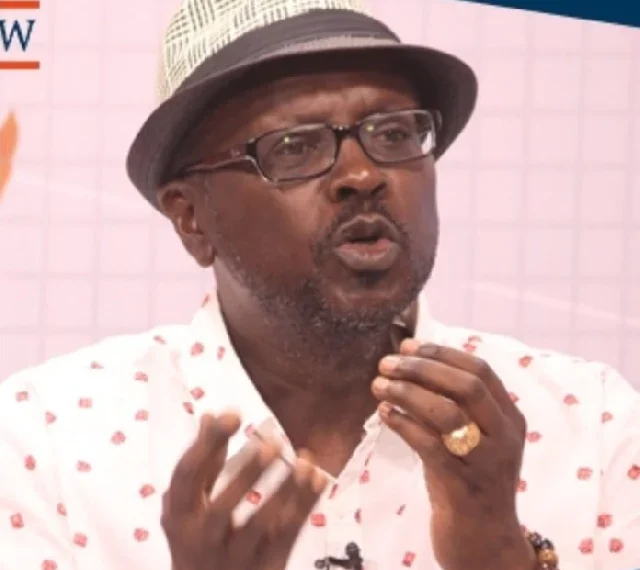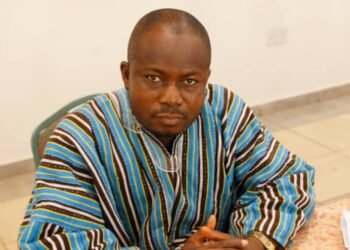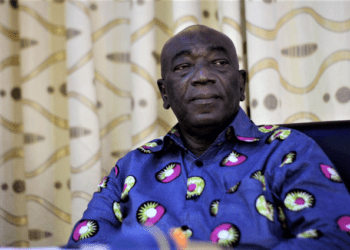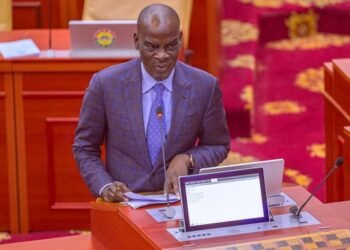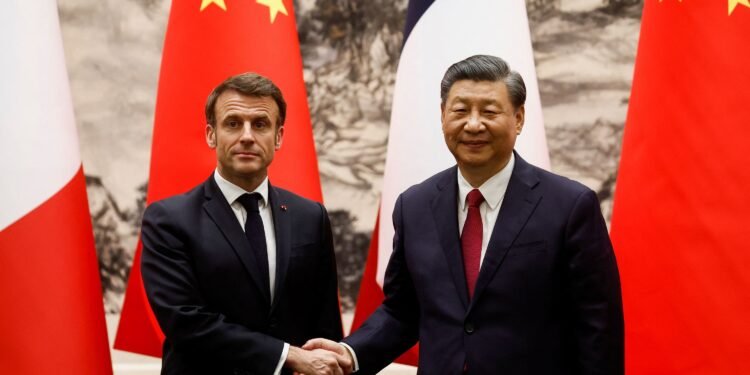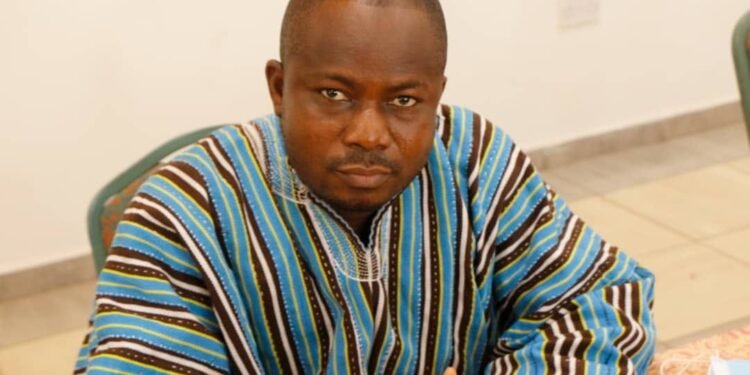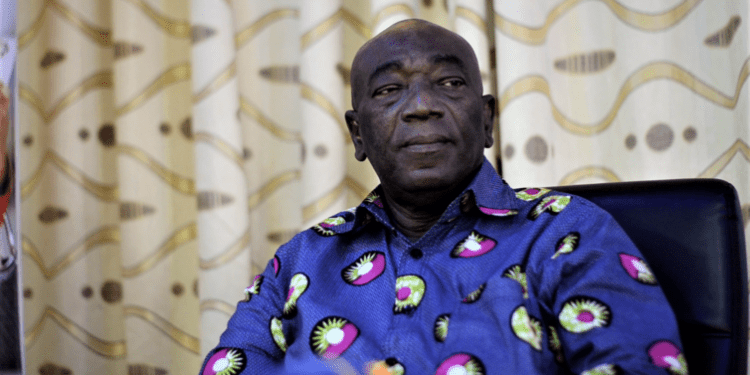Renowned legal scholar and Democracy and Development Fellow in Public Law and Justice at the Centre for Democratic Development (CDD-Ghana), Professor Stephen Kweku Asare, has strongly condemned the practice of “treating” in electoral campaigns.
His comment comes following a viral video showing Hon. Lydia Seyram Alhassan, Member of Parliament for Ayawaso West Wuogon and NPP Parliamentary Candidate, distributing food items to some voters in the ongoing Special Voting.
“Treating is a corruption-related electoral crime that seeks to prevent undue influence on voters. It involves giving, providing, or paying for meat, drink, entertainment, or other provisions, before, during or after an election with the intent to influence or reward a person to vote or refrain from voting.”
Professor Stephen Kweku Asare, D&D Fellow in Public Law and Justice at the Centre for Democratic Development (CDD-Ghana)
The principle of voting according to the renowned legal activist is that “Voters must make decisions based on their conscience and informed choices, rather than material inducements.” He warned that such practices distort the democratic process and erode public confidence in the integrity of elections.
Prof. Asare described the act as a potential violation of Ghana’s electoral laws, emphasizing the need for candidates to focus on policy-based campaigns instead of material incentives. “To be on the safe side of the law, candidates and campaign teams should avoid providing any gifts, food, or entertainment during the election period,” he cautioned.
Prof. Asare also called on voters to reject such inducements and report instances of treating to electoral authorities or law enforcement. “Voters must act as custodians of democracy by refusing offers that compromise their decision-making,” he said.
Institutional Responsibility
Prof. Asare stressed the roles of key institutions in upholding electoral fairness. He urged the Electoral Commission (EC) and law enforcement agencies to closely monitor campaign activities and take decisive action against violations.
He further called on the National Commission for Civic Education (NCCE) to educate the public about the offense and its implications for electoral integrity.
Additionally, he tasked the Office of the Special Prosecutor (OSP) with the responsibility of investigating and prosecuting violators. “There must be swift and impartial enforcement of the law to deter future offenders,” he insisted.
In a sharp critique of selective enforcement, Prof. Asare raised concerns about Ghana’s commitment to applying its electoral laws consistently. “Of course, all these recommendations apply where laws are laws. They do not apply where laws are suggestions,” he remarked, highlighting the perception of impunity for politically exposed individuals.
His parting words, “To Treat or not to Treat depends on whether laws are suggestions! Da Yie!” underscored the urgent need for institutional accountability to ensure laws are upheld without fear or favour.
This episode underscores the need for Ghana to strengthen its democratic processes by prioritizing policy-driven campaigns over material inducements.
READ ALSO: Tiwa Savage Advises Artists To Build Strong Fan Connections

